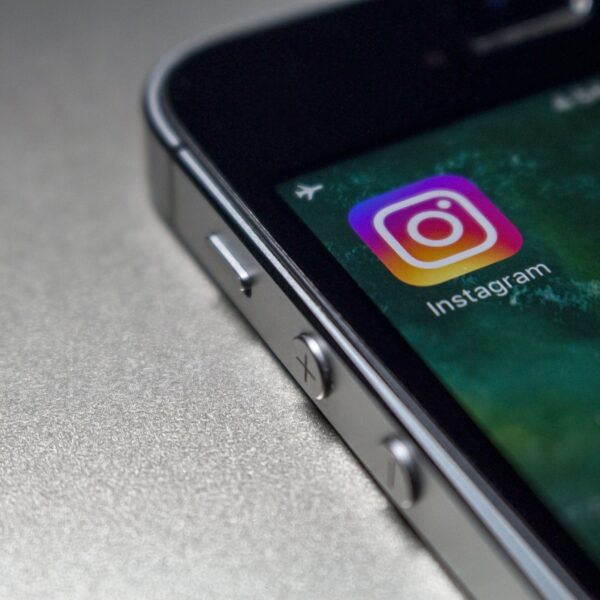Former Special Counsel and Ex-FBI Director Robert Mueller once famously said, “There are only two types of companies: those that have been hacked and those that will be.” In the last decade, the impact of hacking has been mind-boggling. According to reports, 10 of the 15 most significant data breaches in history took place in the previous decade, and nearly 4 billion records were stolen from people in the same period.
As per a Grant Thornton report, there has been a 54 percent increase in the number of reported breaches in 2019 as compared to 2018. The report also predicted that there would be a significant rise in the number of mobile-centric threats due to the increase in mobile-focused malware and banking Trojans. The advent of 5G and the rise in IoT devices are the contributing factors behind this rising threat. As the network speed increases, so will the speed of the cyber attack.
Are hackers really a threat?
The term “hacking” came from the word “phreaking” (hacking phone systems). In this age of connectivity, where almost every aspect of our lives is tethered to the internet via smart devices, hackers pose an unimaginable threat. Once they gain access to your network, they gain access to all your smart devices. That puts them in a position to steal all your confidential data, be it financial, personal, and even health. They can surveil you via the cameras and microphones on your devices. Here are some of the way by which hackers can attack you:
- Steal your money by gaining access to your internet banking credentials.
- Leak personal documents on the internet
- Engage in identity theft by opening new bank accounts and ordering new credit cards
- Surveil you
- Encrypt and withhold your access to your data, and demand a ransom to restore the access.
What can you do for protection?
Here are a few ways by which you can ensure some level of protection against hacking:
- Regularly update your operating system and other software. Updates help prevent viruses and malware infection, streamline and reinforce security, hardware and data issues, as well as compatibility problems.
- Assign a strong password for your Wi-Fi network; never keep it open.
- Assign passwords to all your devices—phones, tablets, laptops or any other IoT devices
- These passwords have to be strong and never use the same password for all your devices and services.
- Use creative answers for your security questions – something that only you can answer.
- Avoid unsecured public Wi-Fi networks.
- Create a secure cybersecurity infrastructure for your devices and network and regularly update your antivirus solutions. These updates contain the latest fixes needed to combat new viruses and protect your devices. Along with anti-virus, you could also use a DNS filter on for better protection.
- Beware of what you click. Avoid clicking links from unknown and unverified sources, be it via emails or any messaging apps.
- Hire a professionals from somewhere like Hack Wizards if you are in any way unsure about the security of your system
What if You’ve already been attacked?
Once you get even the slightest inkling that you’ve fallen victim to a cyberattack, the first thing you should do is disconnect internet connection by unplugging the router. That’s the best way to prevent the transmission of data to the hacker, otherwise, you can:
- Run a complete scan of the device using your antivirus software.
- Create a backup of all your data as you might have to reformat the device.
- If the attack is a serious one, you might have to reinstall the operating system.
- In case you are overwhelmed by all the steps mentioned above, the best plan would be to reach out to computer repair and support near you. They can send over a team of certified professionals to your home and remove any viruses or malware.
Hacking Harassment
According to a Forbes report, cybercrime will cost the world $6 trillion annually by 2021. To put that number in context, the damages caused by natural disasters in 2017 was $306 billion. As per the University of Maryland, hackers attack every 39 seconds, on average, 2,244 times a day. A report by Accenture claims that there has been a 67 percent increase in security breaches in the last five years, and the average number of security breaches in 2019 was 145.
The threat of cybersecurity is as real as it can get; ignoring it is no longer an option. You need to step up and stock up your cybersecurity arsenal, and in case you fall prey to such attacks, don’t panic, reach out to the computer repair and support experts nearby and have the professionals take care of the issue.




Like this article? Share with your friends!